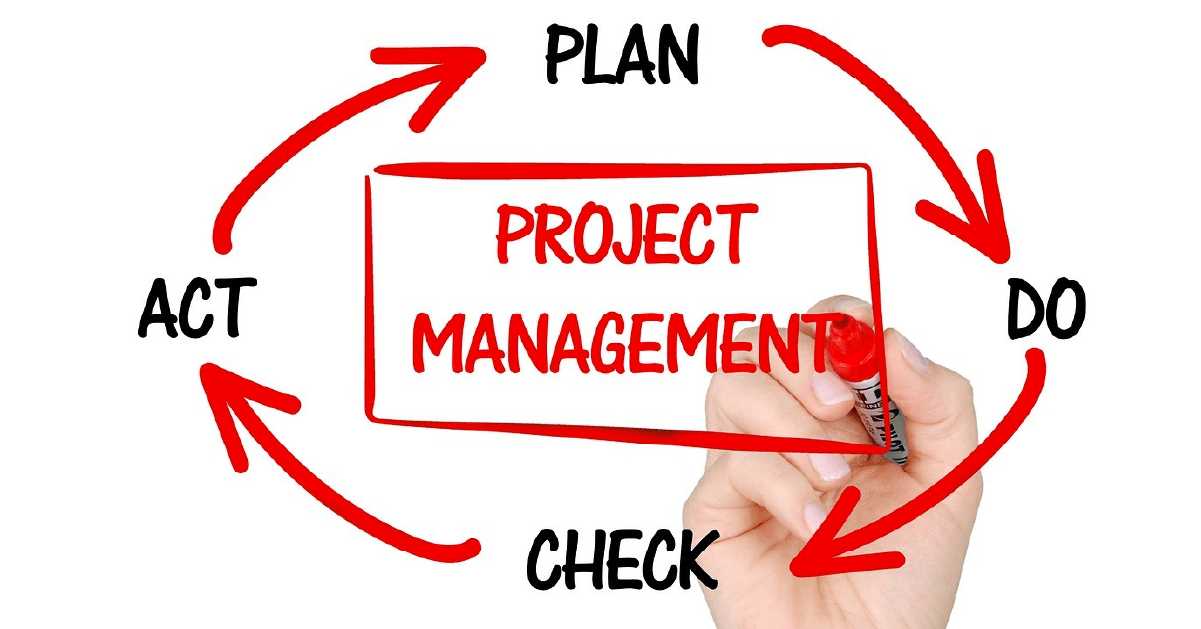Project management and poker may seem unrelated. But if you open up your mind and dare to think outside the box, you’ll realize that project management and poker share similar strategies for success.
An Entrepreneur article on poker strategies in business shared that this was the lesson that Wayne Yap, one of the youngest multimillion-dollar-earning poker players, learned when he transitioned from a poker player to an entrepreneur. After years of playing poker, Yap realized that he can apply many of the lessons he learned from playing the game to various aspects of his life. His strategy seemed very effective because Yap was able to publish books, start a consulting, and even make lucrative investments in Activision Blizzard, Bitcoin, and Amazon.
Likewise, you can propel your project team to success by opening your mind to some of the greatest lessons in poker. Here’s a list of poker lessons that can be advantageous for you in project management:
Learn to accept the hand that you’re dealt with
Project managers would more likely achieve success in all of their projects if they have the freedom to choose their own deadlines, budgets, and goals. However, project management is truly challenging because you have to achieve specific objectives within a limited budget and time frame.
Likewise, poker players are limited by their own bankroll and the cards that they’re dealt with. Nonetheless, professional players achieve success by assessing the best hands for their cards and betting within their bankroll budget. Project managers can learn from this strategy and achieve similar success by maximizing their resources within the budget and time constraints. For instance, you can hire freelance specialists to maximize your budget or use efficient software programs to speed up tasks.
You have to always stay on top of your finances
Poker players and project managers work with limited budgets, which is why you can learn a lot from the tips and tricks of professional poker players. While amateurs easily lose money, professional players know how to bet wisely and increase their money through proper bankroll management.
Professional players practice bankroll management because they don’t want to risk more money than they can afford to lose. As such, they set aside a portion of their income for the game and only play at stakes that align with their skill level. Much like poker players, you need to manage their project scope and cost overruns to ensure that your team will remain within the project budget. Aside from that, you should focus on both the ROI of each project and the number of resources needed to achieve the projected return.
You must always prepare for any kind of risk
In both project management and poker, things can easily go unexpectedly wrong. As a project manager, it is important to not only expect these risks but also be prepared for unexpected outcomes.
This is one of the business lessons put forward by poker pro Maria Konnikova in a recent business conference. She argued that there are elements of chance in both poker and businesses, and people must “figure out which elements of your deal you can genuinely control and let go of the rest.” This advice is applicable in project management because there are many types of project risks that you can prepare for in advance, such as cost risks, schedule risks, operational risks, and strategic risks. Meanwhile, you have to learn how to deal with risks that could be out of your control, like external hazards, market changes, and performance risks. By making provisions for any type of risk, you can reduce your losses in both project management and poker.
Your willingness to learn can lead you to success
Speaking of Maria Konnikova, the professional player also learned valuable lessons about the pursuit of knowledge through her own poker journey. The Harvard graduate experienced success in everything she set her mind on, and her attitude towards learning is something project managers can greatly benefit from in their own pursuits.
In fact, Konnikova’s poker book is one of the best resources aspiring players and project managers can learn from because of her impressive journey from a newbie to a poker champion in one year. The book entitled “The Biggest Bluff: How I Learned to Pay Attention, Master Myself, and Win” details that she quickly mastered the game because she sought the mentorship of Erik Seidel. Similarly, project managers have to learn a lot of skills during the project, whether it’s effective communication skills with remote teams or technical competencies in construction, business, or government projects. As such, you must follow Konnikova’s steps by approaching mentors or even team members who can help you learn the soft and technical skills needed for the project’s success.
The status quo bias can prevent your team from seeking improvements
There are poker and project management strategies that worked like a charm during the past. But how certain are you that these strategies will also work for future games and projects?
World Series of Poker and European Poker Tour champion Liv Boeree points out that many talented poker players end up experiencing losing streaks due to status quo bias. Boeree explains that many players become reluctant to change their poker strategies because they’re afraid of change, only to lose because of their old strategies. Many project team members also fall for this trap. Our article on the Disadvantages of Using Spreadsheets to Gather Requirements highlights how project managers and employees stick to spreadsheets because they dislike change. Unfortunately, sticking to old methods, such as using spreadsheets for requirement gathering, can lead to inefficiency, security problems, and inflexibility. By embracing change, your team can use software solutions that efficiently support task management or document collaboration, like Xebrio.
The ability to read people is a valuable skill
Don’t you wish that you can quickly understand the market, the boards, and even the project’s management team? The people behind these groups can change their minds all the time, and this makes it challenging for managers to find the right direction for the projects.
This is the same dilemma that poker players face, which is why they train themselves to watch out for any tells from their opponents. Tells are any shifts in any player’s behavior or demeanor that can signal the success rate of their card hands and their next possible move. To apply this in project management, an article titled How Learning to Play Poker Can Help You Run a Better Business recommends learning how to spot changes in consumer and rival behavior in order to adjust strategies and close important deals. If a project manager can properly observe the behaviors of their clients, then they have a much better chance of spotting any potential roadblocks ahead of time and reduce the market and governance risks.
It’s important to gather information before making a decision
Contrary to popular belief, poker players don’t rely on luck to achieve their goals. These players observe their opponents tells because they need various information before laying down a hand or making a bet.
The same principle applies to project managers because uninformed decisions can lead to mistakes, conflicts, and even failure. Our article on Conflict Management even warns that the lack of information in a project is one of the top root causes of workplace conflict. Though your team members specialize in certain tasks, you need to provide them with adequate information to help them properly plan, execute, and monitor activities. Your team members will also come to you for help with certain clients, board members, or even tasks, which is why you must ask questions and verify the information before providing resolutions for any issues and concerns. Knowledge is a weapon in poker and project management, so you have to calculate decisions based on all the information laid before you.
Try to keep calm in all types of situations
Leading a project is a demanding task, as managers have to contend with clients, employees, finances, and deadlines. The ability to be able to keep a clear head, especially if things start to go wrong is a skill that all project managers need to have.
Ten-time World Series of Poker champion, Phil Ivey, once said that poker players “have to stay level-headed at all times, or you’ll never stand a chance.” In project management, poker, and all areas of life, things can easily switch from going well to going wrong. When playing poker, this could be losing a winning hand on the last card of the river and losing half a chip stack. In project management, it could be a delay in information being sent or received, as well as budget cuts or even losing clients. Rather than allowing yourself to be taken over by emotions, you need to take deep breaths and assess the factors that you can control to keep the project and the game in your favor.
A lot of things can go wrong in project managing. However, you can minimize your losses and meet your targets by applying these poker lessons in project management.






0 Comments